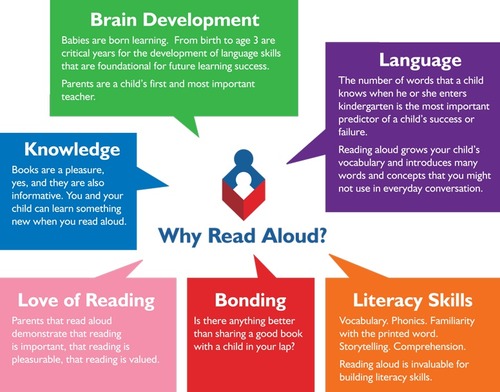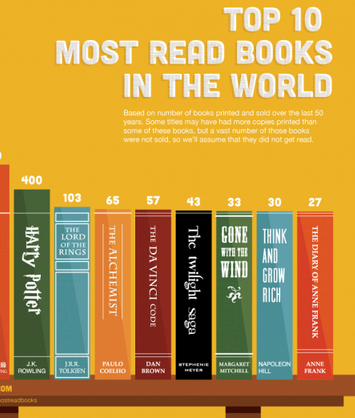Expand Your Child’s Reading List this Summer
School’s out for summer, but that doesn’t mean the books have to collect dust on the shelves. For kids with communication delays, this can actually be the best time of year to focus on reading more and developing the skills that are critical not only for literacy, but for oral communication. Reading proficiency is closely tied with the spoken language, so when you work on one aspect, you are able to reinforce the other. Don’t forget to add to your own reading list, too, because research shows that kids who live in households where the adults are reading are more likely to become literate as well.
Books for Kids Early Elementary through the Teen Years
- Rabbit and Robot: The Sleepover, by Cece Bell – This newer selection offers kids not only the opportunity to practice working on those “R” sounds, but it pairs two unlikely characters for a silly day of missteps and adventure.
- You Read to Me, I’ll Read to You: Very Short Fables to Read Together, by Mary Ann Hoberman – This selection brings classic characters from Aesop’s fables to life, and adds in color-coded text that encourages kids to read with an adult. There are multiple benefits when reading aloud together, including the ability to help monitor your child’s oral language skills, as well as the joy of sharing new stories together.
- Ling & Ting: Not Exactly the Same!, by Grace Lin – This story about celebrating differences not only delivers a great message for kids, but the book is divided into separate stories instead of chapters. This helps kids who are struggling with reading to complete a mini-story and feel that accomplishment without having to only select mini-books.
- The Gollywhopper Games, by Jody Feldman – This modern version of Charlie and the Chocolate Factory takes readers on an adventure through Gil’s nationally broadcast competition to win the ultimate prize.
- OK for Now, by Gary D. Schmidt – A coming of age story for older readers, your kids can find kinship with a character who struggles to fit in and be accepted, as well as survive sometimes overwhelming adversity.
- The Book Thief, by Markus Zusak – It’s been on the bestseller’s list for 7 years for a reason. It shares the story of a girl in WWII Germany who would do about anything for the love of reading.
Summer Reading is for Adults, Too
Don’t forget your own summer paperback to tuck into the tote bag or flip through while manning the grill.
- Let’s Pretend this Never Happened, by Jenny Lawson – Discover this humorous look at how our mistakes, blunders, and struggles we want to forget help us to become who we are today.
- Midnight in the Garden of Good and Evil, by John Berendt – This eerie tale of murder and mystery is made even more compelling when you remember that the tale is non-fiction.
- The Keeper of Lost Causes, by Jussi Adler-Olsen (translated by Lisa Hartford) – A story of crime, mystery, and investigation that has been gaining recognition on a global scale.
- Walden on Wheels – On the Open Road from Debt to Freedom, by Ken Ilgunas – More than just a recounting of one man’s adventure to attend college debt free, this memoir is being hailed as a lesson on life-changing decisions we can all make.
- If you’re the parent or caregiver of a child with a speech disorder, consider adding Teach Me How to Say it Right to your summer reading list. Use it as your introduction and support tool for working with children with communication delays.
More Tips for Creating Family Literacy
- Make sure that reading is a part of your household, and you set a positive example for your kids. Even reading the newspaper together helps build communication and literacy skills and doesn’t overwhelm kids who fear the thickness of chapter books.
- Work with your child to build mastery of sight words – those ones that we just have to learn to recognize by sight that sometimes break all of the rules of spelling we ever learned.
- Make up your own stories as a family and take turns orally describing what happens next. The plot can be unpredictable with so many “authors”, but that can help spark the creativity. It is also a way to explore role playing, another way of building communication skills that reinforces aspects of literacy.

Language Development School




